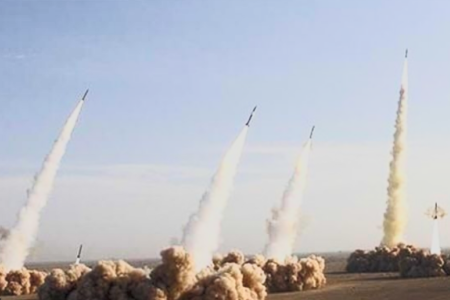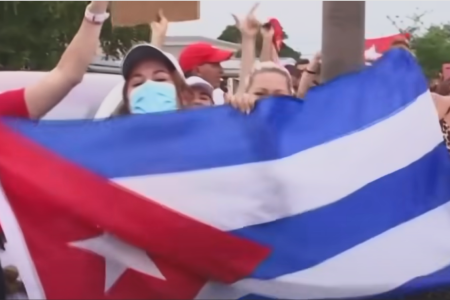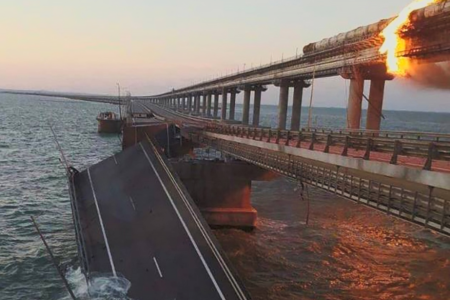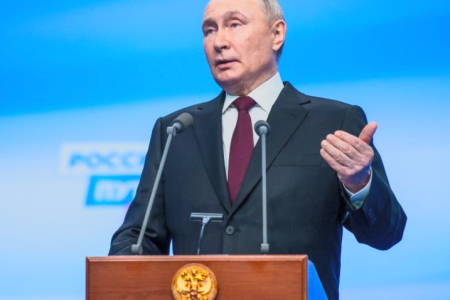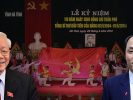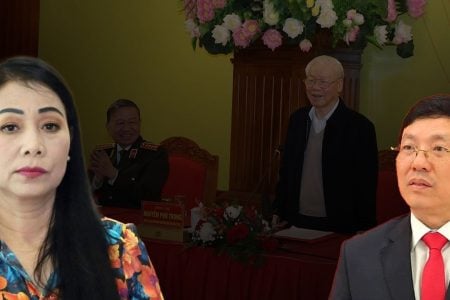
The main message that Chinese Foreign Minister Wang Yi delivered at a 100-minute press conference on March 7, in the context of the approaching 100-year-old Chinese Communist Party, was “to lure neighboring countries, directly attack Western countries, including the US – countries that dare to attack Beijing’s policy on all domestic and foreign records.”
Speaking on the sidelines of the National People’s Congress session, Foreign Minister Wang Yi delivered a very clear message: China is not ready to give in to anyone and in any file.
Foreign Minister Wang Yi’s press conference on Sunday clearly revealed the “differences,” even the “deep holes” separating Beijing from Western countries. For all the “hot” issues that China is being attacked by the world, from the ambition of unifying Taiwan to human rights in Xinjiang, from the freedoms of the Hongkong people who are suffocated to the sovereignty disputes over the South China Sea (Vietnam calls it the East Sea) and the East China Sea, or land territorial disputes on the border with India, etc. Beijing is “not ready to step back.” Foreign Minister Wang Yi indirectly warned that the 100-year-old milestone of the Communist Party of China is the “beginning of a great millennium” about to start.
Regarding China’s ambition to take over the entire South China Sea, Wang said Beijing has no problem with its neighbors, at the same time denouncing that “it is the US and a few Western countries that want to undermine peace in the South China Sea and causing instability in the region.” He also said China is pushing for Code of Conduct negotiations in the South China Sea (COC).
Concerning the East China Sea dispute with Tokyo, Wang declared a courteous, but equally tough, that he wishes “Japan to have an objective and correct vision of China.” One of Japan’s major concerns is that it could be the target of China’s new Coast Guard Law, which will allow Chinese coast guard ships to fire at foreign ships and demolish constructions erected in disputed waters that China claims. On March 7, Wang affirmed that this law is just “common law in the country” and “does not target any specific countries.”
Regarding Southeast Asia, Wang Yi said that China would promote trade with Southeast Asian countries and offered to help in the implementation of the COVID-19 vaccination. However, the Chinese foreign minister also indirectly reminded the international public that there are currently more than 100 countries relying on the Chinese vaccine to deal with COVID-19, many of which are Southeast Asian nations, led by the Philippines and Indonesia.
Regarding Taiwan, in response to a question from a Hongkong reporter, the Chinese foreign minister frankly declared this is “a very sensitive issue,” the principle of one China is “can not cross the red line.” Wang also said at a press conference on the sidelines of the ongoing National People’s Congress session: “The Chinese government will not compromise. We ask the new US administration to fully understand the high sensitivity of Taiwan’s issue and must completely change the dangerous dynamics of the former government by ‘crossing the line’ and ‘playing with fire.” Wang did not specify how Beijing would react if Mr. Biden did not change his approach, but the Chinese Communist Party threatened to invade if Taiwan declared official independence or delay negotiations on unification with the mainland.

At a time when European countries and the US accused China of committing genocide in Xinjiang, suppressing Hongkong’s democracy, and Washington took action against Beijing’s expansion in the South China Sea, Wang condemns the hypocritical West wanting to apply a “multilateral” model selectively and making public opinion “reminisce about the time when the world was still separated between the East and West blocks.”
Judging by Mr. Wang Yi’s press conference, analysts stated: China is now confident enough in its own strength to claim a position on par with any other major power. This has been reflected in all the statements in Beijing’s foreign policy.
This is probably the time when countries with maritime disputes with China are deeply concerned about the possibility that China will increase its aggressive actions. In an interview with the Vietnamese press earlier this year, the Chinese Ambassador to Hanoi affirmed: “China is ready to cooperate closely with Vietnam, maintaining multilateralism and the international system with the United Nations being the center and based on international law. As a permanent member of the Security Council of the United Nations, China will promote the responsibility and role of a large constructive country, actively participate in solving regional hot issues and promote dispute resolution. peace, negotiation, dialogue, making a greater contribution to international peace and security. ” (1)
Despite saying so, but with the act of enacting the new Law of Coast Guard, China was evaluated internationally as “an empire attacking the Law of the Sea” and “China threatens war by maritime law.” Researchers predict that with Beijing’s tough attitude, the upcoming South China Sea situation will inevitably “wake up.” Countries in the South China Sea such as Vietnam will face serious challenges and threats from China. Therefore, the ASEAN countries that have disputes in the South China Sea with China need to have a specific strategy to counter the Chinese threat.
Thoibao.de (Translated)
Source: https://www.rfa.org/vietnamese/news/blog/threatening-remark-by-wang-yi-03102021112027.html




